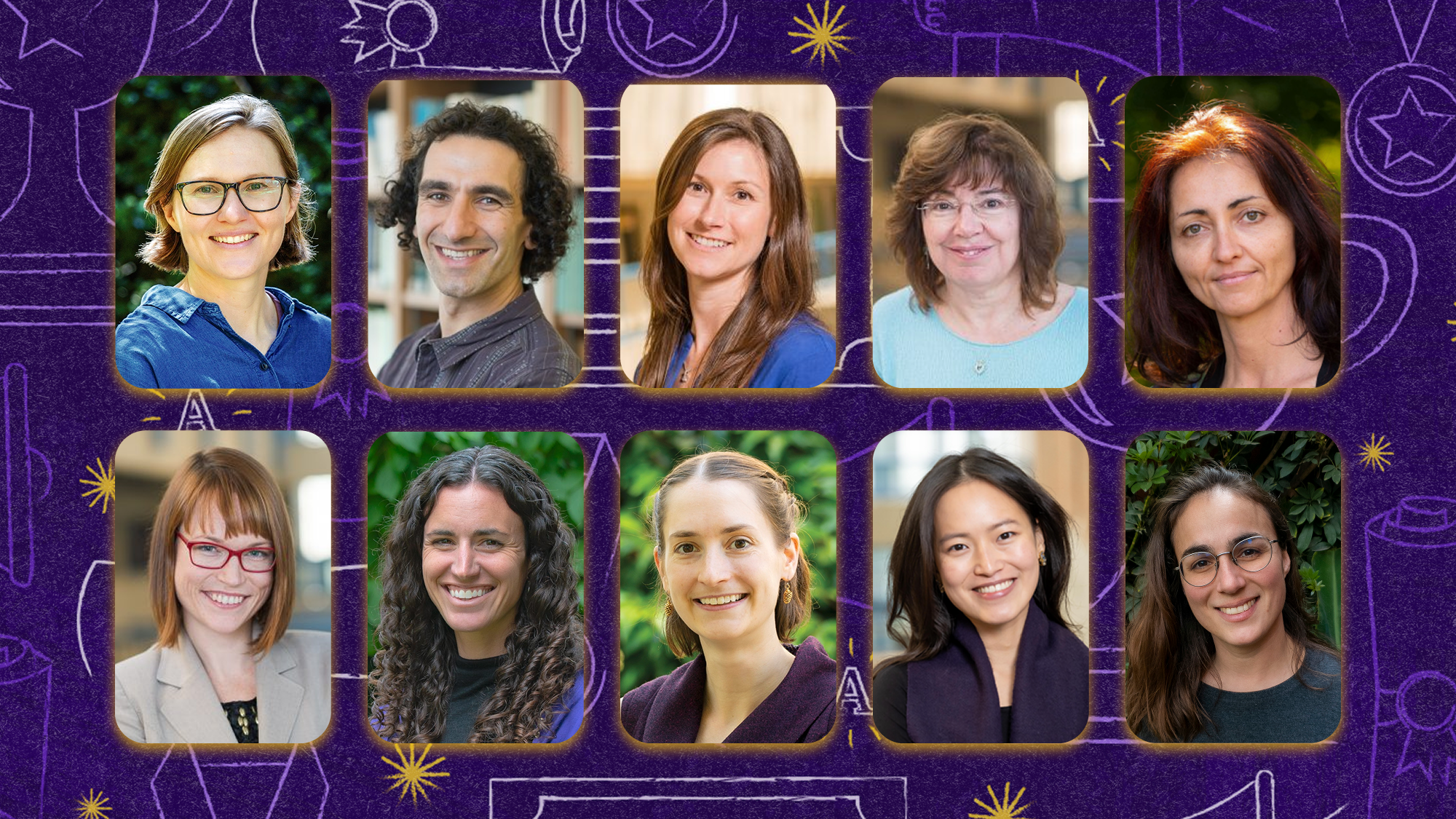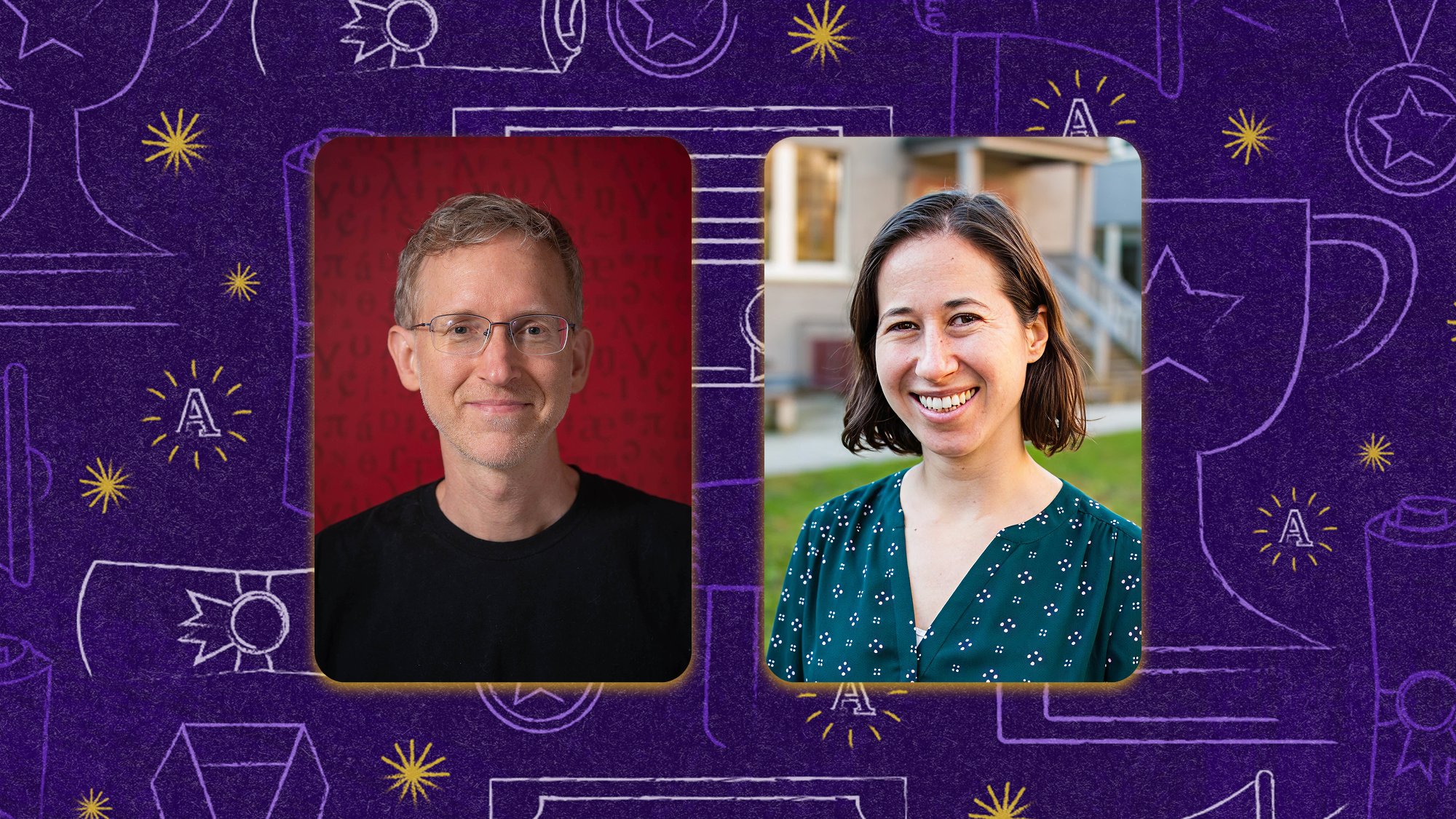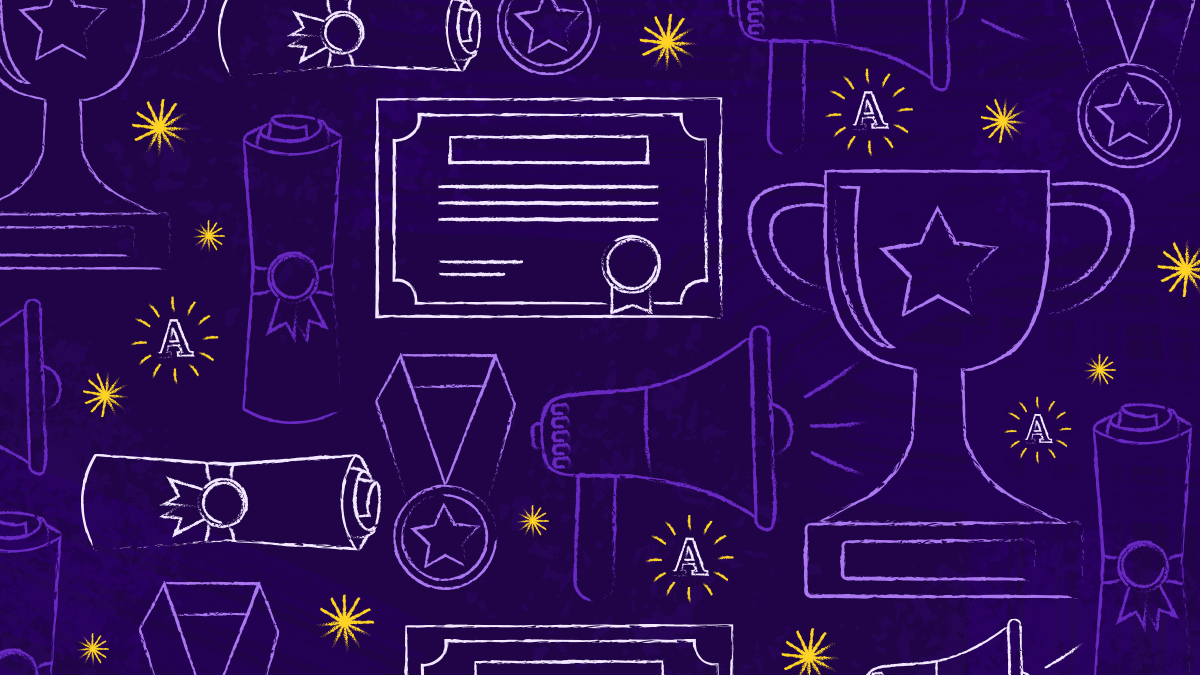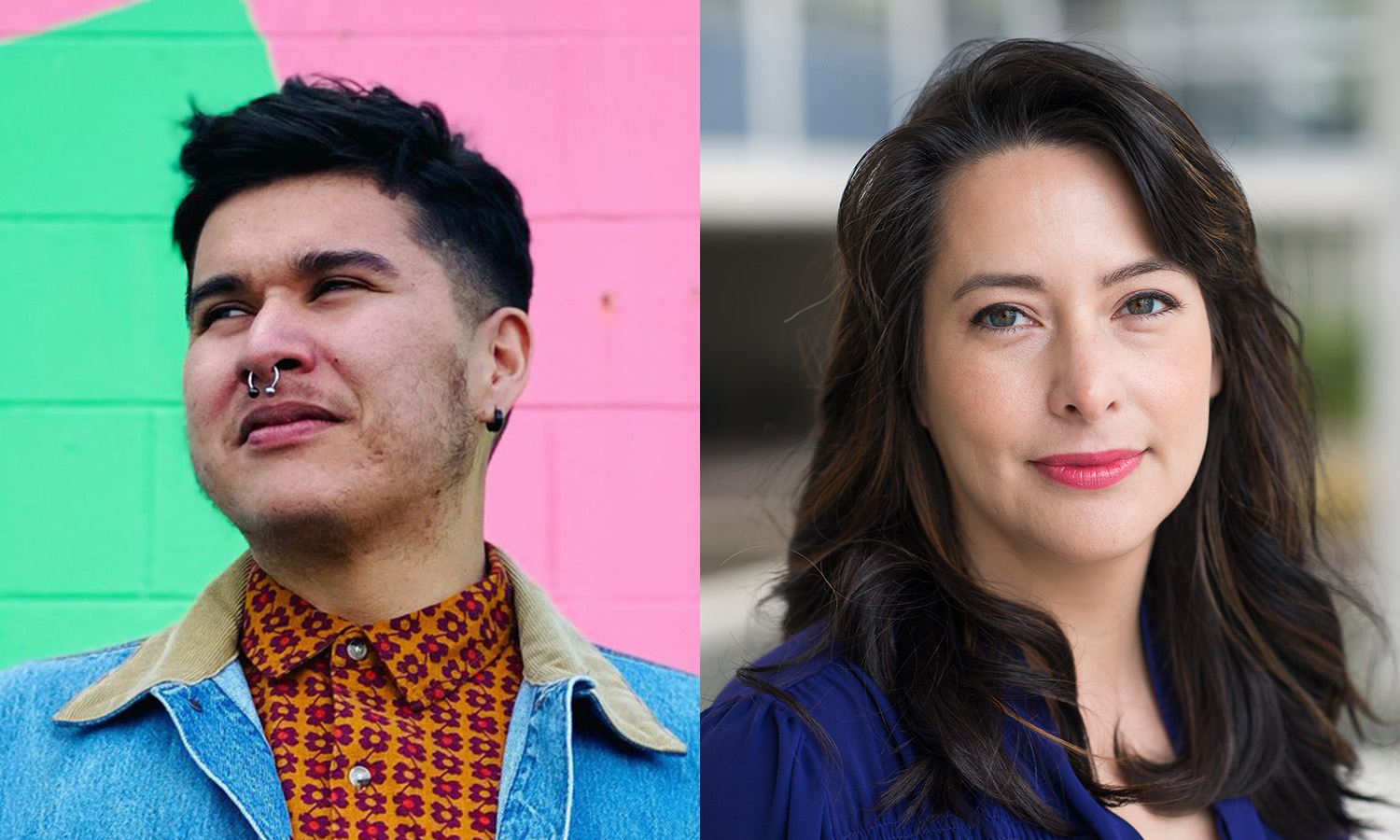

Dr. Billy-Ray Belcourt and Dr. Dory Nason are among the many Indigenous scholars in our community creating engaging learning opportunities for students and leading innovative research in their fields.
We talked to them about their research, what they’re currently working on, and their advice for aspiring Indigenous scholars.
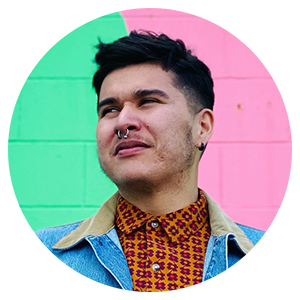

Dr. Billy-Ray Belcourt (he/him)
Driftpile Cree Nation
Assistant Professor, School of Creative Writing
Canada Research Chair in Queer Indigenous Cultural Production
Dr. Billy-Ray Belcourt is a scholar and author whose research focuses on queer Indigenous studies and the importance of non-normative gender and sexuality in how we imagine decolonial practice.
What are you researching right now that you’re excited about?
I’m currently editing a short story collection called Coexistence. I was interested in writing about the Indigenous domestic—about the ways ordinary Indigenous peoples live their lives, live out their politics, and pursue love and freedom. The story at the heart of the collection is about two queer Indigenous young men who have to figure out how to trudge through the thicket of history to love one another honestly and vulnerably.
Tell us about one of your recent works.
In 2022, I published a novel, A Minor Chorus, about a queer Indigenous doctoral student who steps away from his dissertation to write a novel. He returns to northern Alberta to interview people whom he thinks have something to say about survival and the afterlife of the twentieth century. It’s ultimately a book about how to write books in a colonial present.
How do you facilitate anti-racist and decolonizing education in the classroom?
I teach both poetry and Indigenous writing, and in both types of classes I foreground Indigenous presence and Indigenous land. I ask students to think about how they each might contribute to larger decolonizing efforts. One of my main pedagogical goals is to invite students to consider how we all can practice anti-colonial ways of living and writing, and how we all can imagine alternatives to colonization.
What are some helpful resources we (the UBC community) should use to learn more about Indigenous history in Canada and beyond?
The X̱wi7x̱wa Library houses a ton of Indigenous literature and scholarship!
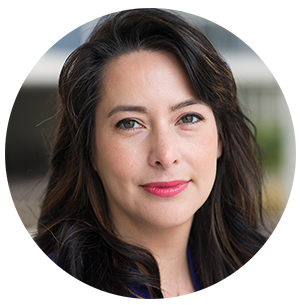

Dr. Dory Nason (she/her)
Anishinaabe, Leech Lake Band, Minnesota Chippewa Tribe
Associate Professor of Teaching, Institute for Gender, Race, Sexuality and Social Justice, and Institute for Critical Indigenous Studies
Dr. Nason’s research and teaching focuses on contemporary Indigenous Feminisms, exploring the rich intellectual history, activism and literature of Indigenous women. Her scholarly publications include notable contributions to the anthology The Winter We Danced and the American Indian Culture and Research Journal, as well as various online platforms, and she is the co-editor of the volume Tekahionwake: E. Pauline Johnson’s Writing on Native America. She also currently holds the position of President of the UBC Faculty Association.
What does being an Indigenous scholar in your field mean to you?
Like many Indigenous scholars, the main inspiration for my chosen fields has always been my family and a desire to better understand the dynamic and complex histories and knowledges they held. I was most drawn to the stories of my maternal Mexican grandmothers and my paternal Anishinaabe grandmothers. Grounding my thoughts on Indigenous feminisms in these stories and genealogies has been a healing journey, teaching me valuable lessons about resilience, and about ethical approaches to knowledge production and storytelling within the academy.
What are you researching right now that you’re excited about?
One of my ongoing projects, which may never be published academically, revolves around my paternal grandmother’s boarding school archive held in the US National Archives in Kansas City, Missouri. Initially, my purpose in undertaking this project was to explore ways to support students in engaging with Indigenous stories in the archives more ethically. Reading the intimate details of my grandmother’s younger years from a government case file, however, has been really jarring, and I am thinking through the affective impacts of such work for Indigenous scholars and our students.
Do you have any advice for Indigenous students looking to work in academia?
If I had any words of advice for my younger self in academia, or for Indigenous students coming to academia, it would be to not let the institution shape you. Transform it, not only for your own purposes but also to make it better for those coming up behind you. I try to think of my own contribution to academia in this way. Throughout my academic journey, I have tried to make it a better place for Indigenous scholars and students, and the histories, knowledge and stories that they carry.
What are some helpful resources we (the UBC community) should use to learn more about Indigenous history in Canada and beyond?
For those who want to learn more about Indigenous feminisms, I recommend the recent edited collection by Sarah Nickel and Amanda Fehr titled In Good Relation: History, Gender, and Kinship in Indigenous Feminisms.
